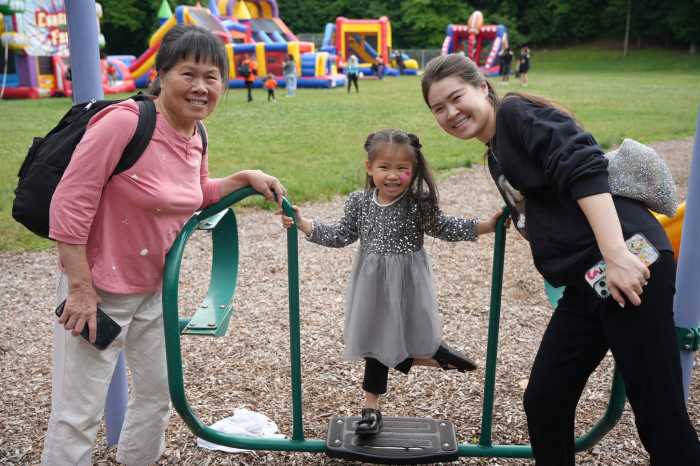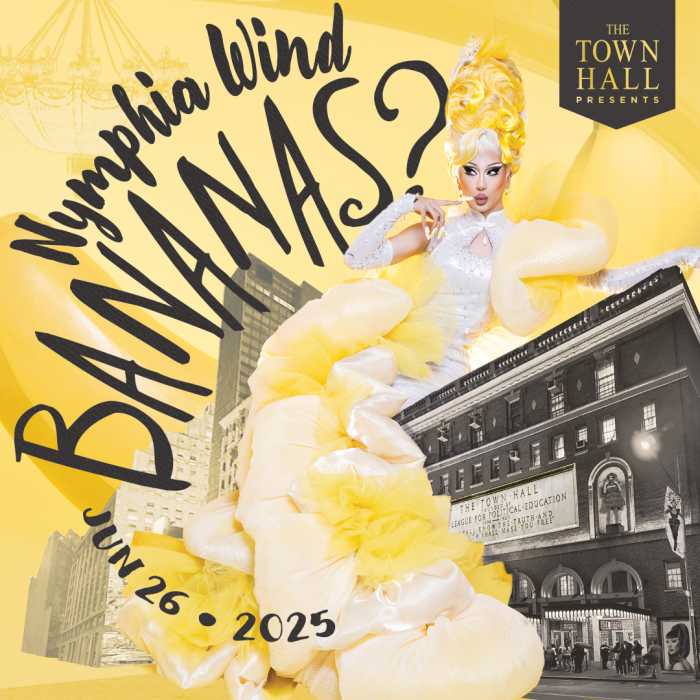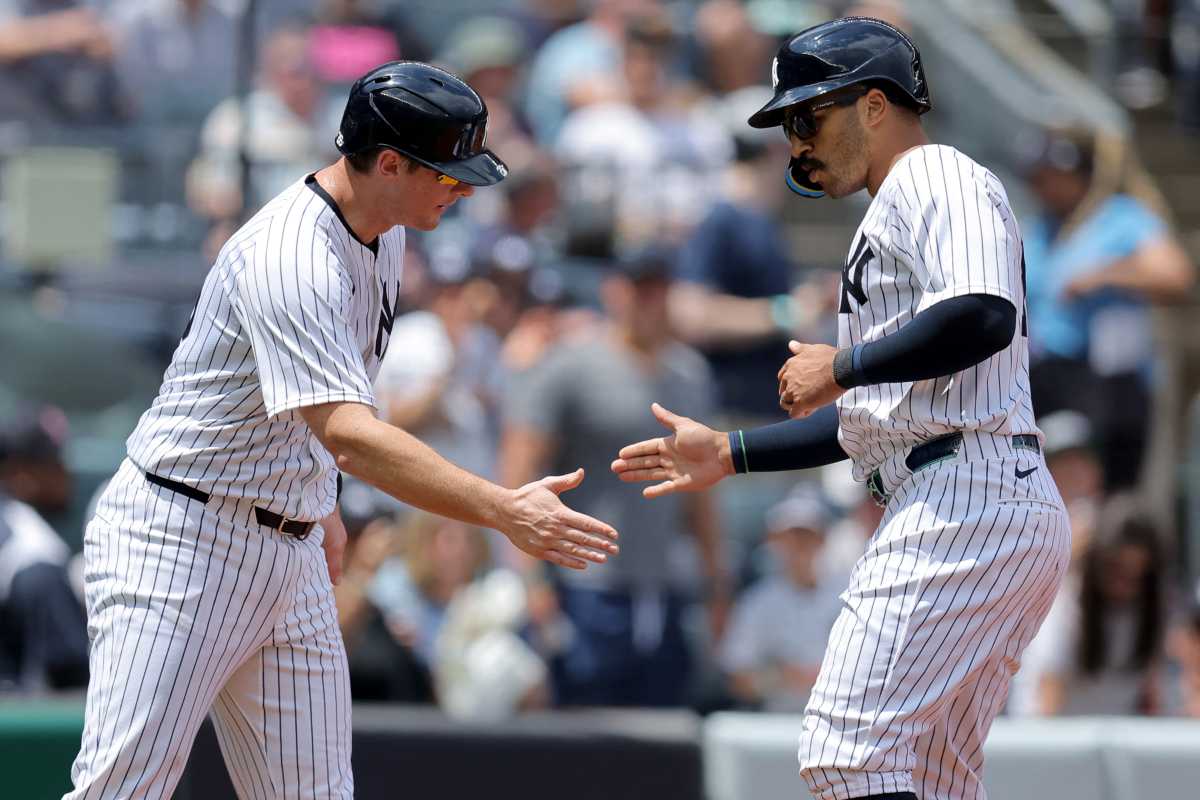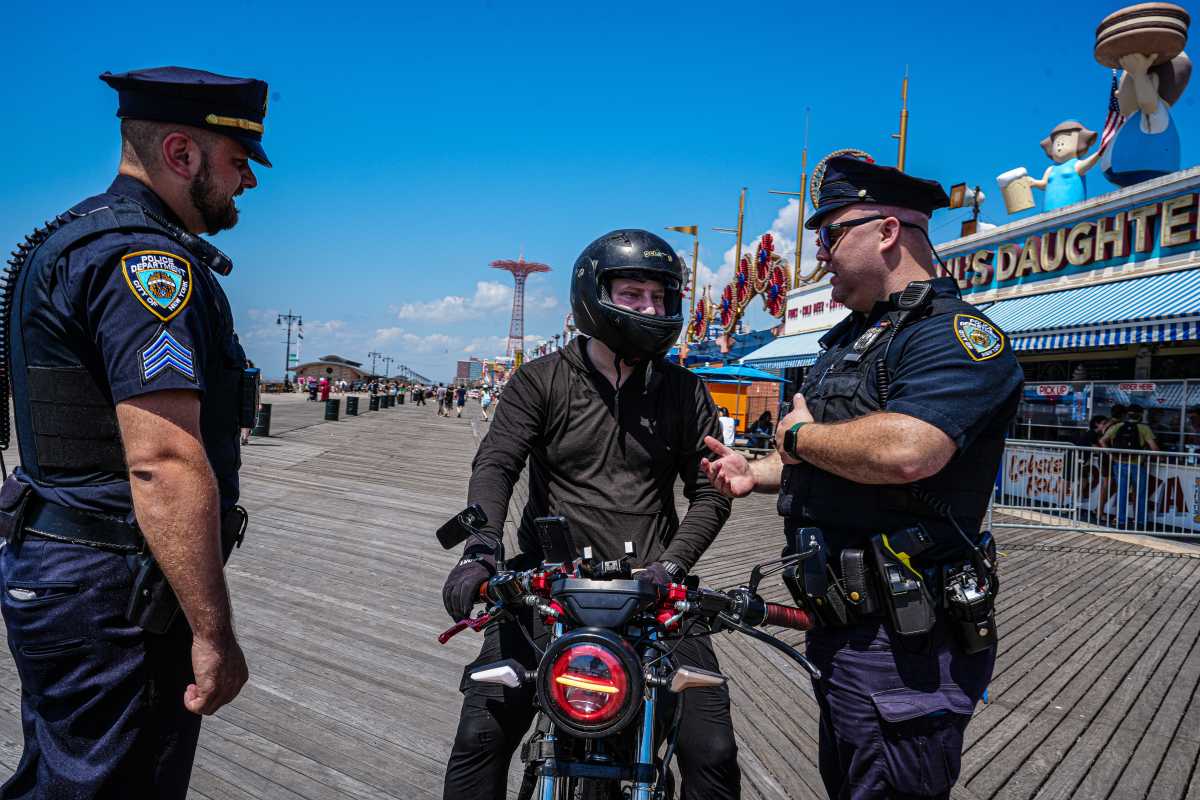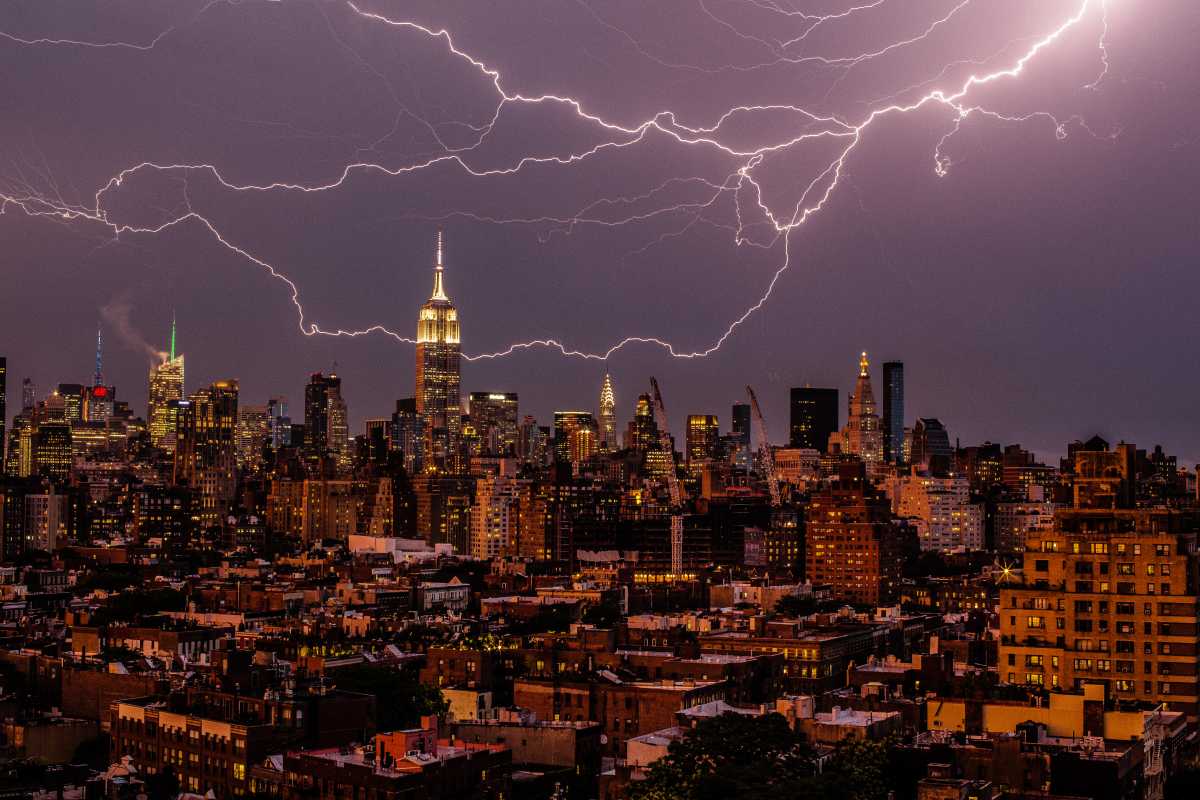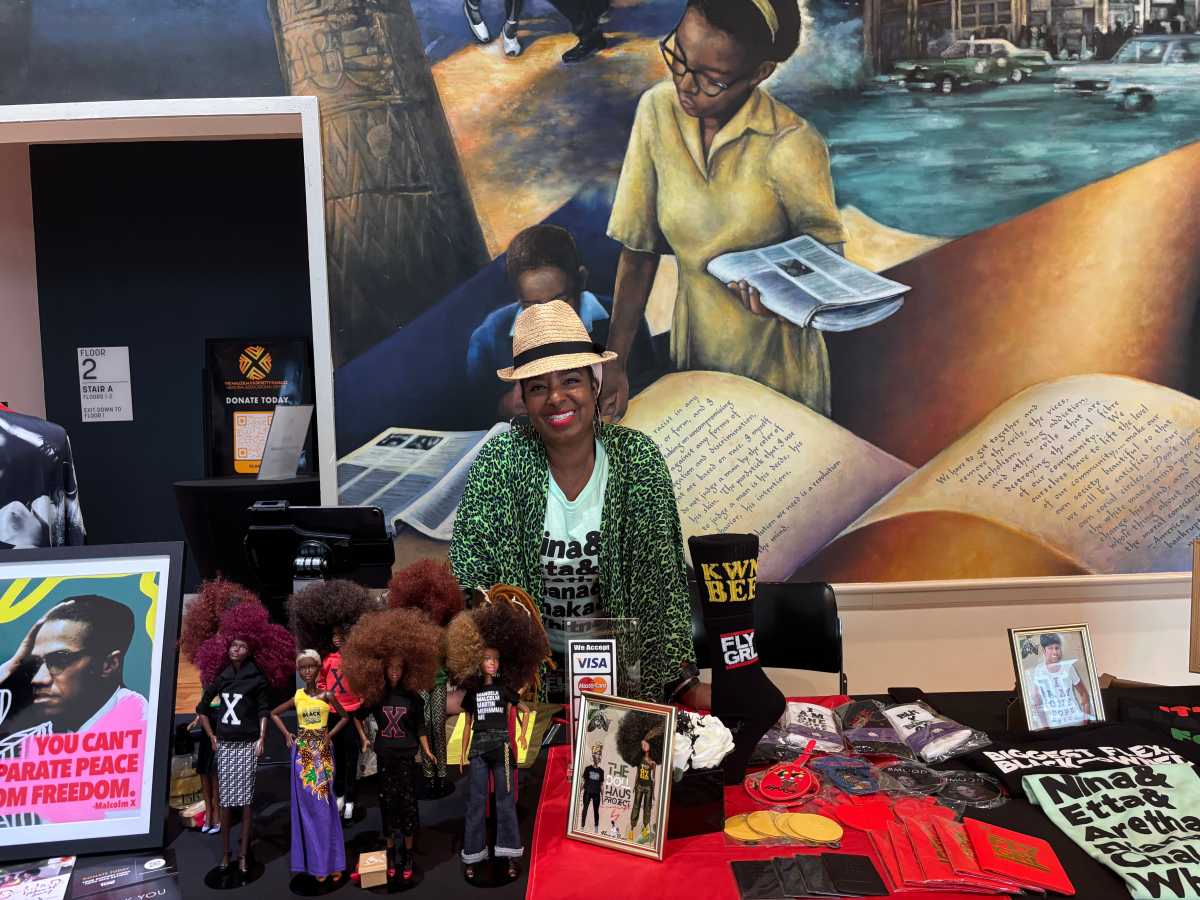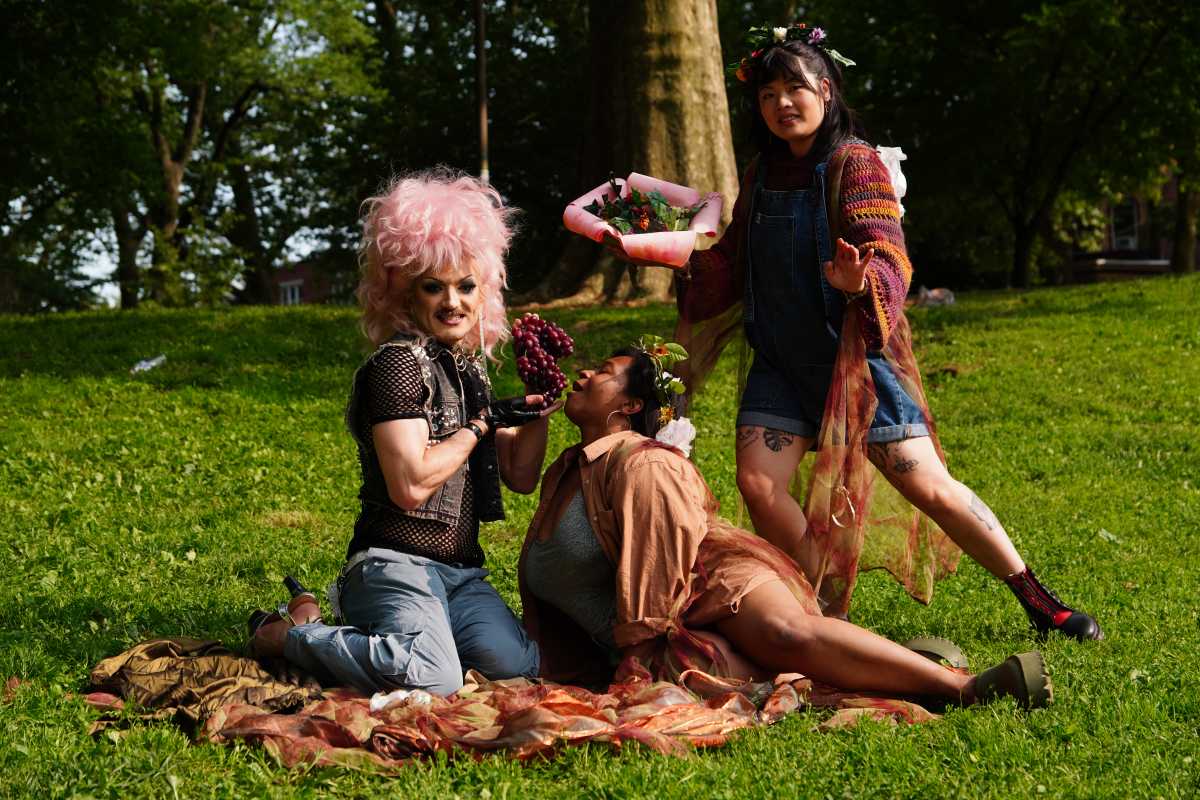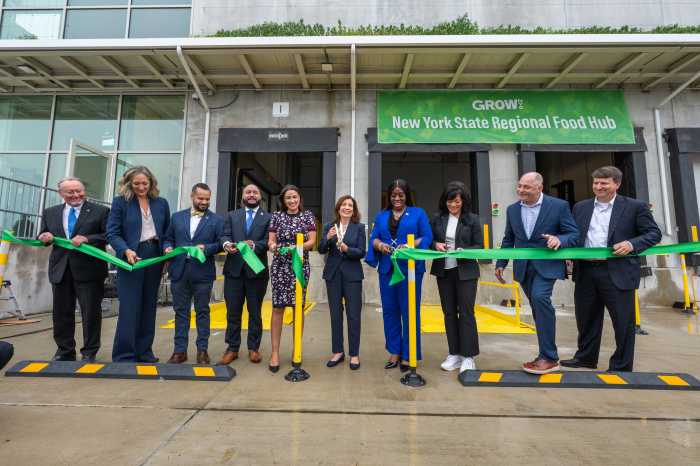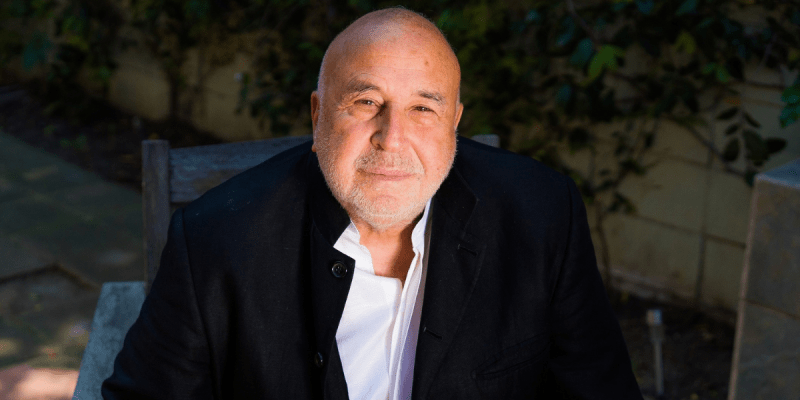After the death of a motor scooter-rider in a crash with a duck boat, Boston’s cycling community has been gearing up for a push to make the hulking, World War II-era crafts safer.
Bikers around the city are mobilizing behind the effort, which comes after a woman died April 30 near Boston Common after a collision with a vehicle operated by the company Boston Duck Tours.
“The crash really hit close to home in the biking community,” said Becca Wolfson, executive director of theBoston Cyclists Union.
The group, whose members work with the city’sVision Zero Task Forceaimed at creating plans to eliminate fatal crashes, has made a number of recommendations for the iconic vehicles, which offer sightseeing tours in the city and can also be operated on the water.
That’s because duck boats have blind spots, Wolfson said. Their long, protruding hoods can make it hard to see objects in front of it.
Wolfson said she and other bikers have suggested a number of solutions: that the vehicles be fitted with front-end bumpers and with new cameras or mirrors, that the boats install some kind of alarm system to alert drivers when a bike is in their blind spot and that the vehicles have two operators instead of one (one to lead tours for passengers and another to drive).
The group dove into the issues in more detailin a recent blog poston bostoncyclistsunion.org.
Part of the problem, Wolfson said, is bikers are used to using defensive driving methods, among them pedaling up in front of cars when waiting at red lights, so drivers can see them. That often doesn’t work with the oddly designed duck boats, she said — something she said is made all the more evident after last month’s deadly crash.
Metro reached out to Boston Duck Tours to ask them about these suggestions, but a company spokesman declined to comment, citing an ongoing investigation into the scooter crash.
After the incident, the Boston Globe reported that the driver of the duck boat involved in the incident had multiple speeding tickets on his driving record. The company has since also taken another driver off the road,who also had several infractions on his record.
That’s a positive step, said Wolfson, but it may be missing the heart of the issue.
“While the operator may have made an error, the fact is these machines are deadly and they have deadly blind spots,” she said. “Those need to be fixed.”
Among elements of the ongoing investigation is whether the driver was at fault.
Wolfson said she recognizes that it may be unlikely duck boats will disappear from the city’s streets. After all, they’re staples of tourism and have beenroaming Boston since 1994. When a victory parade rolls through the streets of Boston, it’s duck boats that carry the grinning sports heroes.
“They’re part of the fabric of this city’s character,” Wolfson said. “Me as an individual, or us as an organization, are not going to say they should be banned permanently. But they should be taken off the road until they’re made to be safe to coexist with vulnerable road users.”
One of those users is Jonathan Fertig, who lives near a duck boat storage yard in Dorchester and often ends up biking alongside the vehicles. He isn’t sentimental about the duck boats, he said, and would love to see them disappear.
“While the duck boats served admirably when storming the beaches of Normandy, they have no business at all being on the crowded streets of Boston,” Fertig said.
For now Wolfson and other bikers have begun organizing — discussing the issue as recently as Monday at the Boston Cyclists Union’s meeting. And she said she’s gotten promising feedback from city officials about the possibility of new requirements for the vehicles.
Wolfson said her group has also been advocating for so-called “side guards” — attachments to big trucks that keep bikers from ending up under their wheels in a crash. Bostonnow has an ordinancerequiring that municipal vehicles and city contractors have the devices. There is an effort underway to make them mandatory statewide.
When asked, Boston Bikes, the city-run program that promotes road safety teaches biking classes, didn’t say whether it teaches its students about how to stay safe around duck boats specifically. But in a statement, spokeswoman Tracey Ganiatsos said instructors teach bikers to avoid big vehicles’ blind spots and brings MBTA buses to events to help spread awareness of them.
She also toutedBoston’s leadership on the “side guards” and said the city is “striving to make bicycling a comfortable option for more people” via education programs and projects to engineer multi-modal streets.










